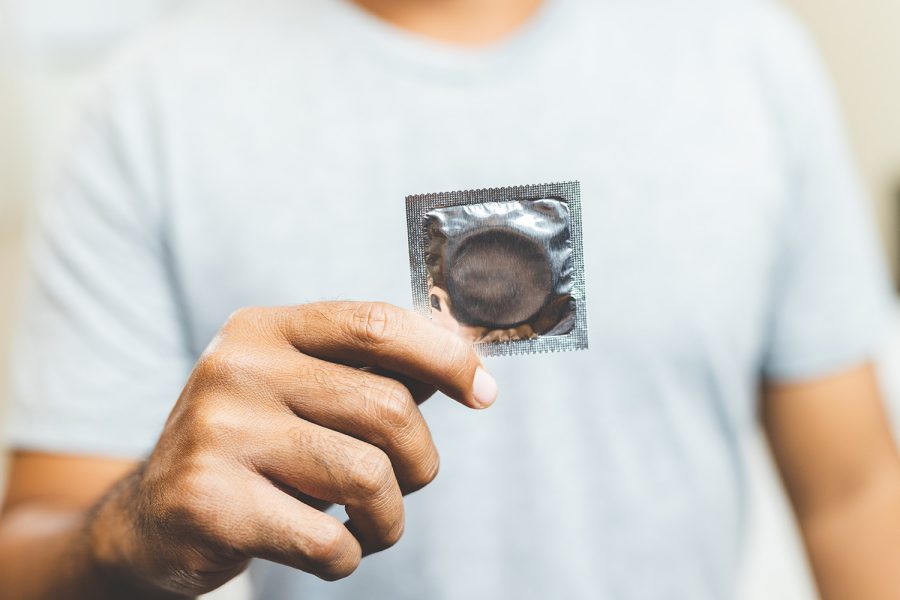There comes a time in everyone’s lives when we first learn about sex.
That time comes earlier for some than it does for others. Deciding when children should learn about sex can be a difficult and awkward choice for parents and educators alike. For many, the “birds and the bees” talk represents a transition from innocent childhood to the real world.
Numerous books in U.S. K-12 schools have been reported for unfavorable depictions of an array of sensitive topics, including sexually explicit content. This has led to several states issuing laws that make some books illegal to distribute within schools. Iowa has banned or challenged 60 books in the last three years.
Children should not be prevented from learning about sex. Sex is a naturally occurring phenomenon that people of all identities and orientations engage in. Because of the role sex plays in many aspects of our development and society, it is necessary to learn about it in early elementary school.
Deciding exactly when it is appropriate for children to learn about sex has recently become a major controversy. Starting in 2021, books depicting sex acts distributed in schools have been banned or challenged at unusually high rates.
Obviously, sex should not be presented to children in grotesque detail, nor should it be encouraged. Sex should be presented as something normal that will occur later in the child’s life. That way, discussions around the topic are casual instead of secretive.
I vividly remember the day my dad casually asked me, “Do you know how people are made?” I was six years old.
My dad explained to me in a broad manner what sex between a man and a woman is and how it causes pregnancy. I was fascinated by the explanation, and it remains one of my most coherent memories from the early years of my life.
As I navigated through elementary and middle school, I understood sex as a regular interaction between adults. This prevented me from believing inaccurate descriptions being whispered around the hallways at school.
Kids were secretive about their knowledge of sex and the sources they obtained it from. They didn’t want to speak to adults about it for fear of being punished, so they would talk it out among themselves.
My peers received a portion of their sex education via the discontinued social media app, Vine. They would repeat phrases they heard in viral videos made for more mature audiences, not knowing how sexually explicit they were, while also not understanding the punchlines.
The lack of knowledge spurred a dangerous curiosity that caused some of my peers to make bad decisions. Through late middle school and freshman year of high school, students started to engage in hookup culture. Having obtained a rudimentary understanding of sex through friends and gossip, some took it upon themselves to gain firsthand experience of the taboo activity.
Keeping sex education a secret for too long can cause children and teenagers to make grave miscalculations in the process of exploration. Abstinence-only education has also been proven to be ineffective at preventing teenage pregnancy.
Knowing about sex at an early age can prepare children and teenagers for the sudden urges, desires, and changes they experience when they begin puberty.
Some of us like to think that childhood should only consist of coloring books and playgrounds. That innocence doesn’t last forever. Sooner or later, curiosity will take hold. Regardless of whether all depictions of sex are removed from schools, children will find ways to learn about and explore the topic.
By gatekeeping the concept of sex from children, we hinder their understanding of their own development and the people around them.



